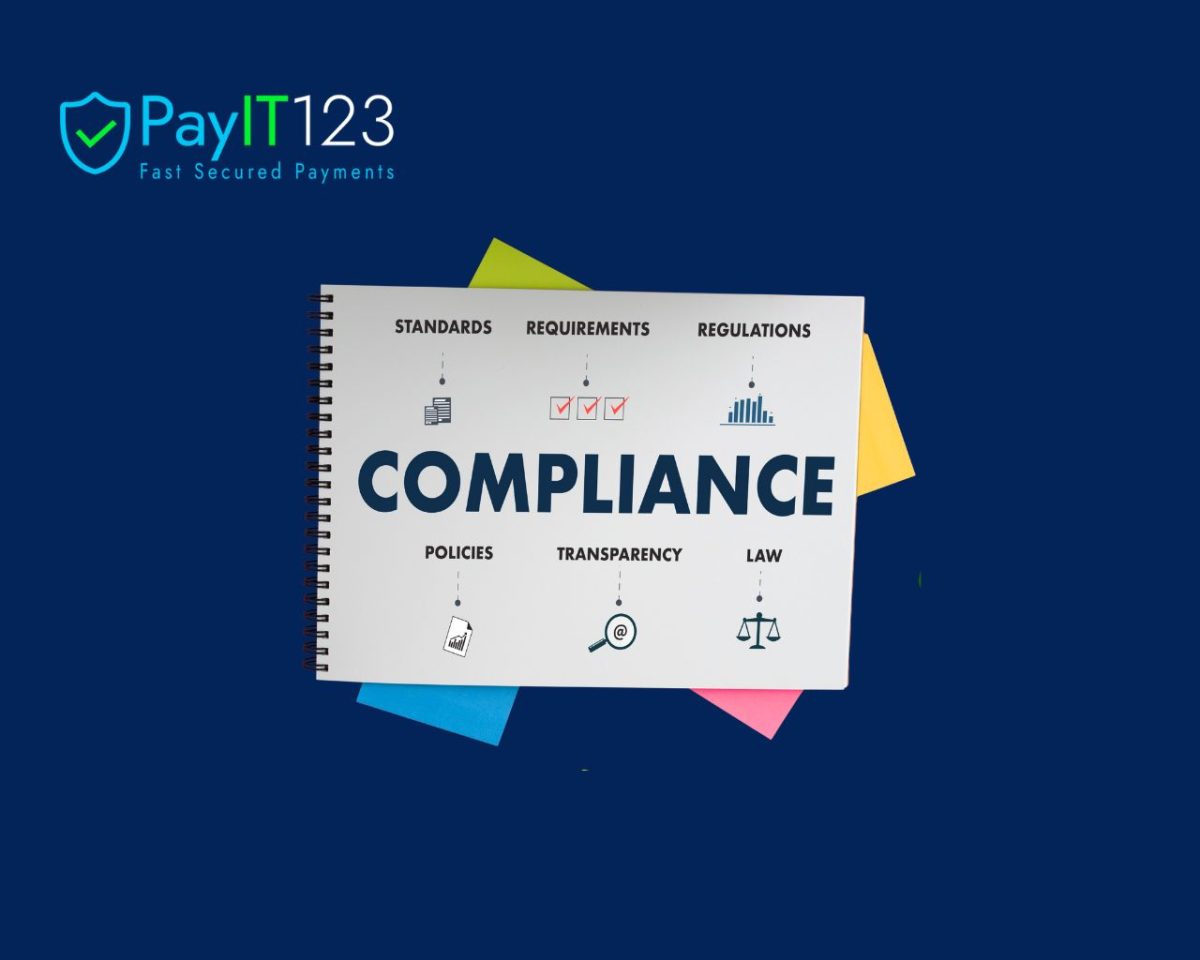Overview
As financial institutions navigate an increasingly complex landscape of regulations and compliance requirements, Regulatory Technology (RegTech) has become a critical tool in ensuring adherence to evolving laws and reducing the risk of non-compliance. In the context of card issuance, RegTech solutions help organizations efficiently manage regulatory requirements, enhance operational efficiency, and mitigate risks. Here’s how RegTech plays a pivotal role in ensuring compliance in card issuance.
- Streamlining Compliance Monitoring
Card issuers must comply with a wide range of regulatory frameworks, including Anti-Money Laundering (AML) laws, Know Your Customer (KYC) requirements, and data protection regulations such as the General Data Protection Regulation (GDPR). RegTech solutions streamline compliance monitoring by automating tasks like customer identity verification, transaction monitoring, and fraud detection. These tools continuously track regulatory changes, ensuring that card issuers stay up-to-date with local and global requirements, thereby reducing the risk of non-compliance and fines. - Enhancing KYC and AML Processes
One of the most critical compliance tasks in card issuance is ensuring that the institution is adhering to KYC and AML regulations. RegTech tools use advanced machine learning and AI algorithms to perform identity verification and analyze patterns in transaction data. These tools can flag suspicious activities in real-time, such as potential money laundering or identity fraud. By automating these processes, RegTech reduces the manual effort required for customer verification and transaction review, thereby speeding up onboarding and improving accuracy while enhancing the security of card issuance. - Automating Reporting and Audits
RegTech platforms also help card issuers manage the reporting requirements mandated by regulatory bodies. Compliance often requires the submission of detailed reports on customer transactions, fraud detection activities, and adherence to KYC protocols. Automating these tasks ensures that all the necessary data is captured accurately and submitted promptly, significantly reducing the chances of errors or omissions. RegTech tools can also aid in conducting regular audits to ensure that all compliance protocols are being adhered to, thereby making the auditing process faster and more efficient. - Mitigating Risk through Data Analytics
RegTech solutions utilize big data analytics to assess and predict potential risks associated with card issuance. By analyzing patterns in customer data, transaction history, and external threats, these tools can help identify vulnerabilities in the system and take proactive steps to mitigate them. For example, suppose a card issuer is at risk of being involved in a data breach or violating data protection regulations. In such cases, RegTech tools can alert compliance officers to take action and prevent any potential damage. - Improving Customer Experience with Compliance
While compliance is essential, it shouldn’t come at the cost of customer satisfaction. RegTech tools help streamline compliance processes, such as KYC and AML, without creating friction for the customer. By automating identity verification and utilizing AI-driven fraud detection, card issuers can provide a smoother and faster onboarding experience while maintaining compliance. This helps ensure that customers can access their cards and services quickly and securely, enhancing their overall experience.
Conclusion
Regulatory Technology (RegTech) is transforming how card issuers manage compliance, from automating KYC and AML processes to enhancing risk management and reporting. By using RegTech, financial institutions can not only stay compliant with increasingly complex regulations but also streamline their operations, reduce risks, and improve customer satisfaction. In the evolving world of card issuance, leveraging RegTech is no longer just an option—it’s a necessity.
#RegTech #CardIssuance #Compliance #AML #KYC #FinancialTechnology #RiskManagement #Automation #CustomerExperience #DataProtection

